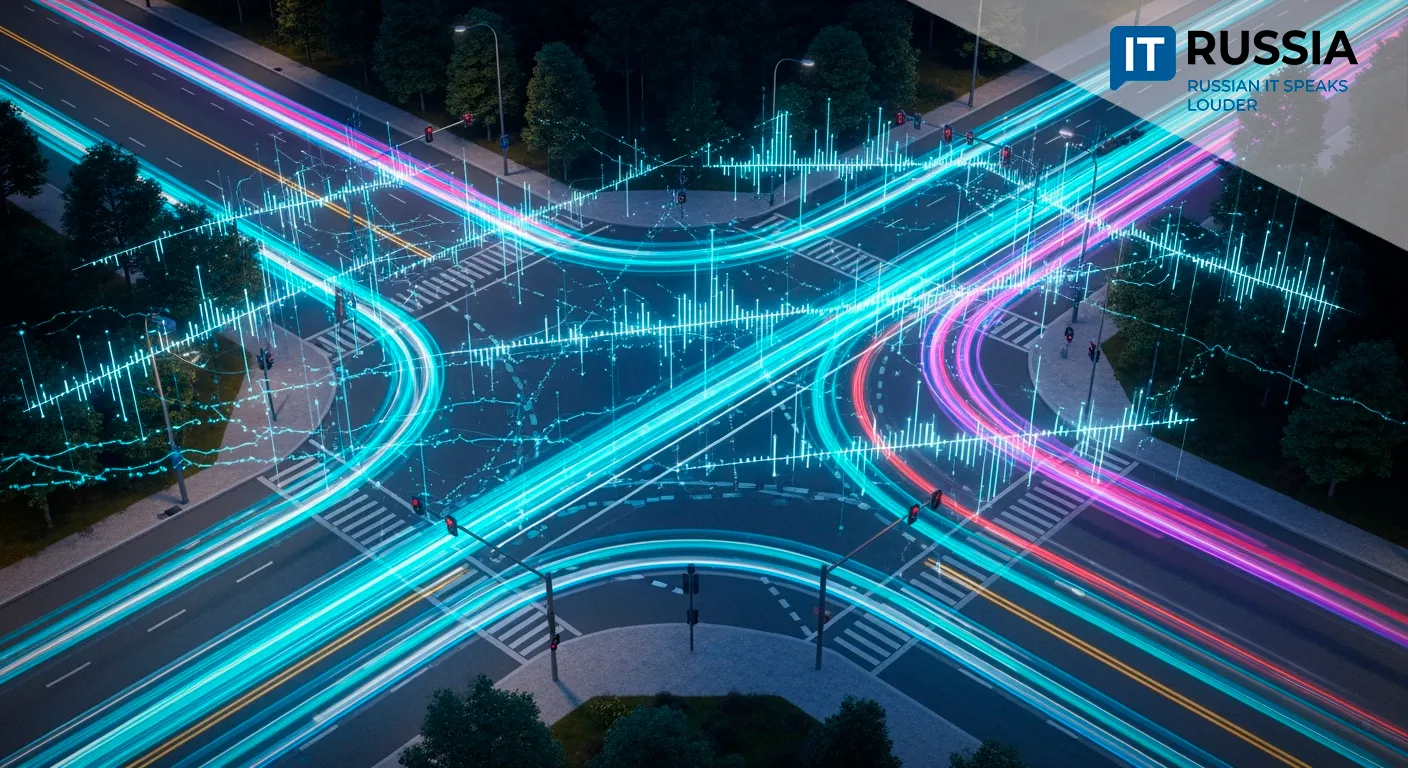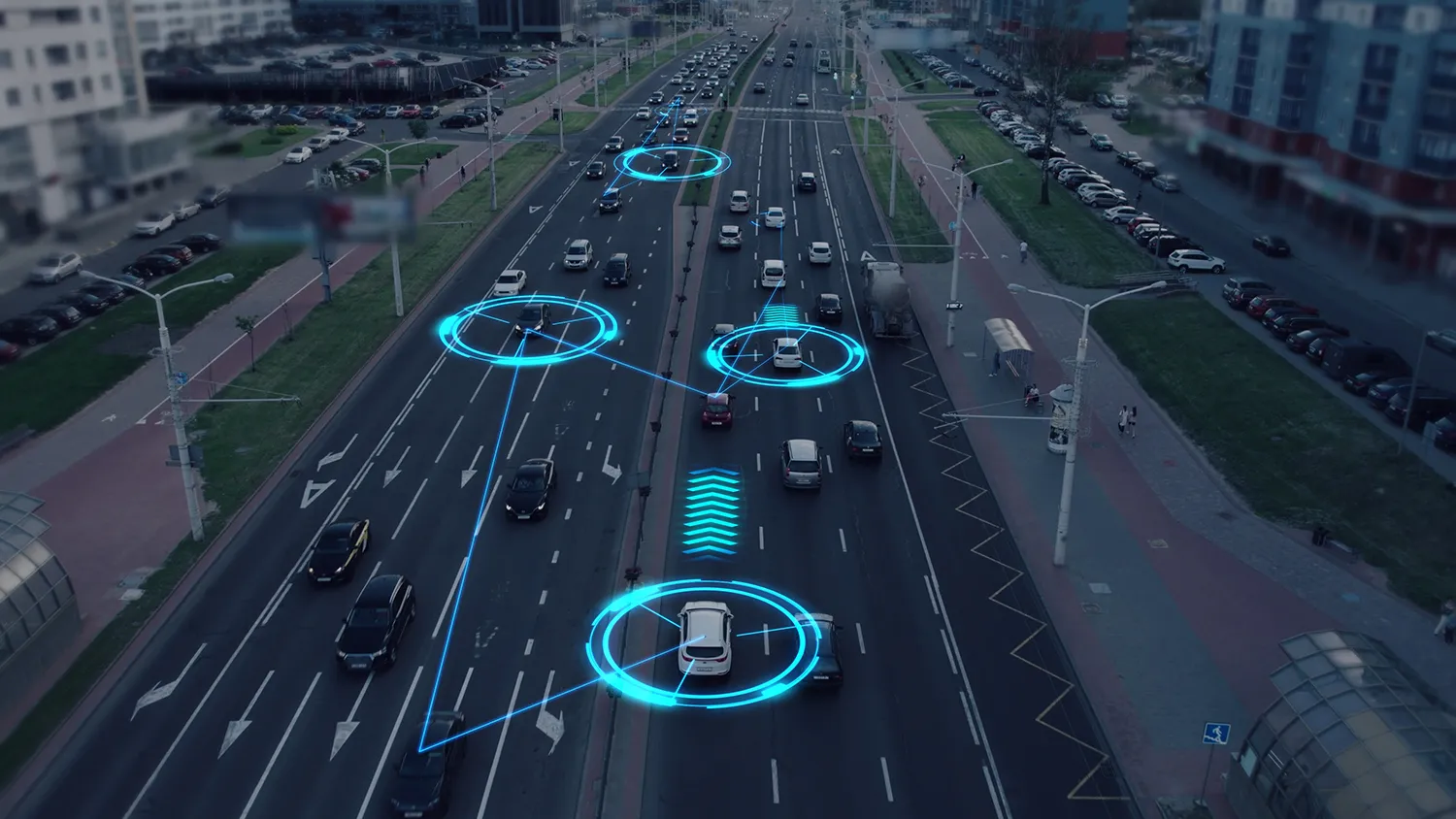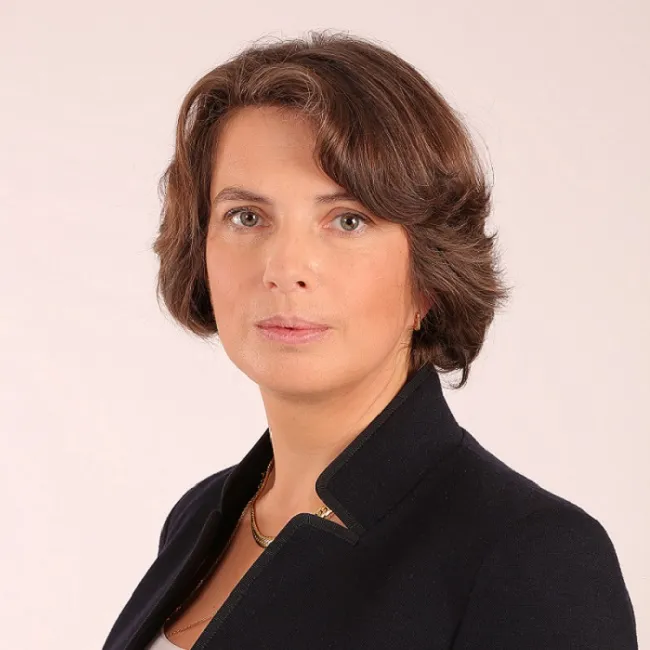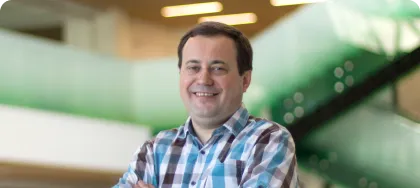Quantum Against Gridlock

Russian researchers have become the first in the world to demonstrate a quantum approach to optimizing urban traffic in practice—not just in theory.
Quantum Evolution on Urban Roads
Developed in Innopolis, Russia’s quantum traffic optimization algorithm is not a lab experiment, but a field-ready solution. In simulations involving 500 vehicles, it reduced urban traffic load by a record-breaking 62%. By contrast, hybrid classical methods typically yield only about 7% improvement.
What’s more, the quantum algorithm calculated optimal routes in just 0.15 to 0.225 seconds—13 to 20 times faster than conventional solutions.
These aren’t just statistics—they signal a technological breakthrough. For the first time, an applied quantum solution for transportation logistics is ready for deployment in modern or planned smart cities.

For Russia’s IT sector, this marks a shift from theory to deliverables. For citizens, it means cleaner, freer, and safer cities. And globally, it’s proof that quantum advantage doesn’t have to originate in Silicon Valley.
Russia Becomes an Exporter of Quantum Intelligence
The Innopolis-developed technology is flexible and scalable. With proper adaptation to various transport infrastructures, it has strong export potential—especially in regions like South Asia, Latin America, and the Middle East, where traffic systems are overloaded and smart city frameworks are still emerging.
But beyond exports, the algorithm acts as a catalyst for Russia’s broader quantum sector. It proves that quantum computing has tangible applications in logistics and urban planning—not just cryptography or chemistry.
Russia’s algorithmic expertise now stands on par with international projects from Volkswagen and D-Wave. Domestically, pilot deployments are being prepared for Innopolis, Kazan, and Moscow. The algorithm integrates smoothly with GLONASS navigation and national Intelligent Transportation Systems (ITS).
From Prototype to Citywide Deployment
The idea of applying quantum methods to traffic optimization isn’t new. In 2017, Volkswagen and D-Wave showcased a pilot project at Web Summit in Lisbon, but its performance remained limited to simulations.
By 2025, however, scientific publications began describing mini-scale QUBO models handling 100 to 500 vehicles. Russia’s solution builds on this theoretical base but with a crucial distinction: it was designed for immediate application. The algorithm is compatible with modern quantum hardware, including 16- and 50-qubit systems being developed domestically by Rosatom and the National Center for Quantum Computing.

Russia’s quantum program, launched in 2019, supports infrastructure development, algorithm research, and real-world testing—paving the way for innovation that moves straight from the lab to public benefit.
When Speed Beats Power
This Russian breakthrough marks a key evolution in quantum computing—from theoretical exercises to practical, everyday uses. And in traffic logistics, where millions suffer daily from inefficiencies, that impact is immediate.
The algorithm proves that quantum speed and accuracy can outperform traditional models without needing a thousand qubits—just smart design and precise calculations.

Pilot implementations are expected within the next one to two years in Innopolis, which already has the necessary digital infrastructure. Pending successful testing, the technology could be licensed across other cities in Russia and the CIS.
Within five years, adaptations could scale to megacities, handling thousands of vehicles and integrating with AI-powered road analysis and city-wide IoT networks. This fusion of quantum and artificial intelligence could usher in an era of minimal congestion, lower emissions, and optimized urban logistics.
With this leap, Russian IT research steps beyond the lab, delivering globally competitive products. The quantum algorithm from Innopolis isn’t just a mathematical innovation—it’s a logistics revolution, encoded in qubits.











































